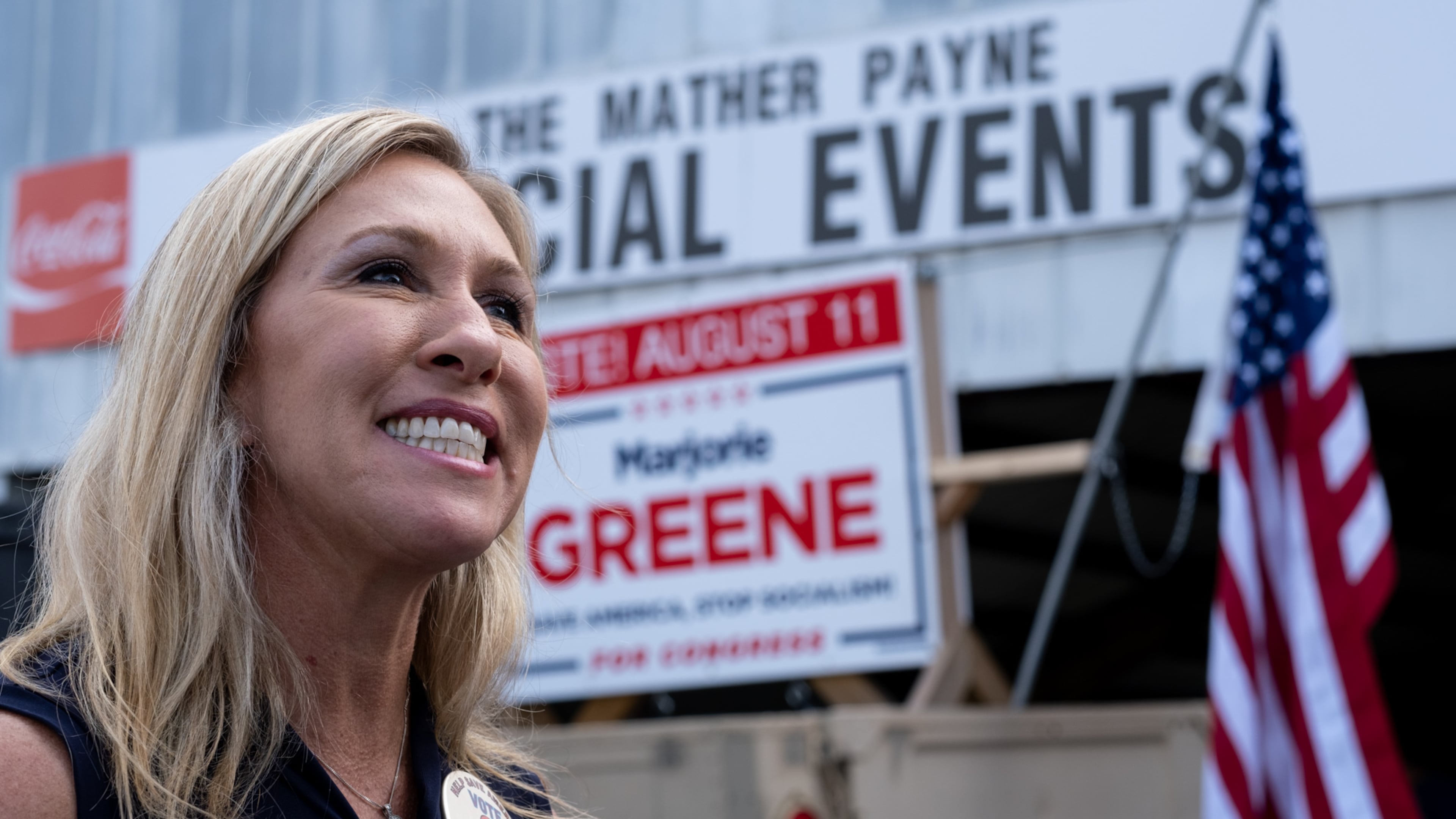Employees not shielded from vaccine questions under HIPAA

Both Georgia congresswoman Marjorie Taylor Greene and Dallas Cowboys quarterback Dak Prescott recently cited a 1996 health law when refusing to answer reporters’ questions regarding whether they were vaccinated.
“You see, with HIPAA rights, we don’t have to reveal our medical records, and that also includes our vaccine records,” Greene said on July 20.
Both Greene and Prescott were referring to the Health Insurance Portability and Accountability Act, signed into law by President Bill Clinton. And they were wrong.
Nonetheless, their invocation of the law has been echoed by many on social media who contend their employers have no right to inquire about their vaccine status.
But HIPAA’s privacy rule prevents “covered entities,” such as health insurers, doctors and hospitals, from releasing a patient’s medical information, absent a signed waiver.
While Greene and Prescott could have told the news media it was none of their business if they were vaccinated, they couldn’t invoke HIPAA as a reason not to disclose it, Atlanta employment lawyer Ed Buckley said.

“The same is true for an employer who inquires whether you’re vaccinated,” Buckley said. “You can’t assert HIPAA. This is a public health issue and workplace safety issue.”
If an employee refuses to answer the question, Buckley said, “an employer can say, ‘You no longer work here.’”



